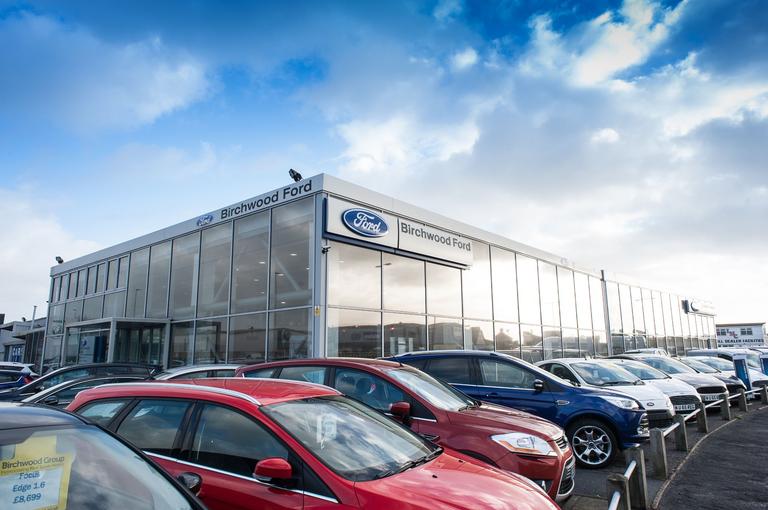
The weakening of the euro against other major currencies promises to benefit some European car manufacturers over the next two years, according to Moody’s Investors Service.
The rating agency lowered its forecast for the EUR/USD exchange rate to 1.10 for 2015 and to 1.13 in 2016.
Moody’s said the depreciation could be positive for companies which have the majority of their cost bases in the euro area but significant sales to regions outside it. Companies that fall into this category include BMW, Daimler and Volkswagen.
"We expect that premium car manufacturers such as BMW and Daimler’s Mercedes-Benz Cars division will benefit the most from prolonged euro weakness, considering that they export a large share of their production, mostly from Germany, to their diversified sales base including China and the US," wrote the agency.
The weak euro will not be as beneficial for car makers such as Peugeot and Renault, which still sell over half of their cars in Europe and have large euro-denominated cost bases.
The rating agency also mentioned that the depreciation of the euro in January against the British pound could weigh on the revenue growth of Jaguar Land Rover Automotive, as approximately 19% of its vehicles were sold in Europe, excluding the UK, in 2014 and it operates a large UK assembly operation.
How well do you really know your competitors?
Access the most comprehensive Company Profiles on the market, powered by GlobalData. Save hours of research. Gain competitive edge.

Thank you!
Your download email will arrive shortly
Not ready to buy yet? Download a free sample
We are confident about the unique quality of our Company Profiles. However, we want you to make the most beneficial decision for your business, so we offer a free sample that you can download by submitting the below form
By GlobalDataEuropean car manufacturers have increasingly established local manufacturing facilities to follow demand in their core markets, which helps mitigate foreign currency risks.
Volkswagen has expanded its global production network with a new vehicle plant now operating in the US. It also has 17 plants in China, where it aims to reach an annual capacity of over 4 million by 2018.
Similarly, approximately 40% of BMW cars were produced outside of the euro zone in 2013.
According to Moody’s, car manufacturers could consider a weaker euro an incentive to sell at lower prices to enhance their competitiveness in markets where trading conditions have become more challenging. The agency warned this could boost their positions in these markets at least temporarily, however it would reduce the benefits from a weaker euro on their profitability.







